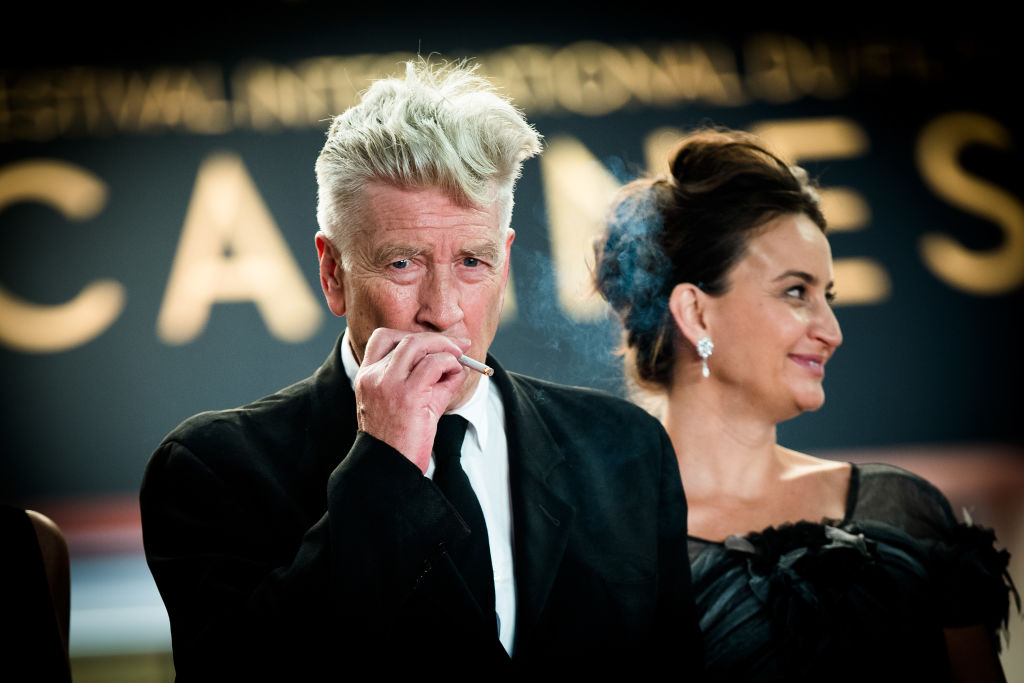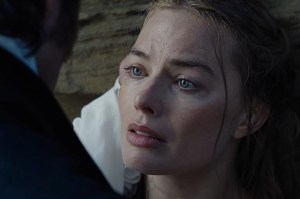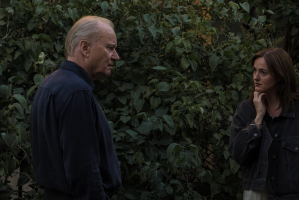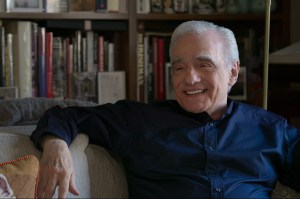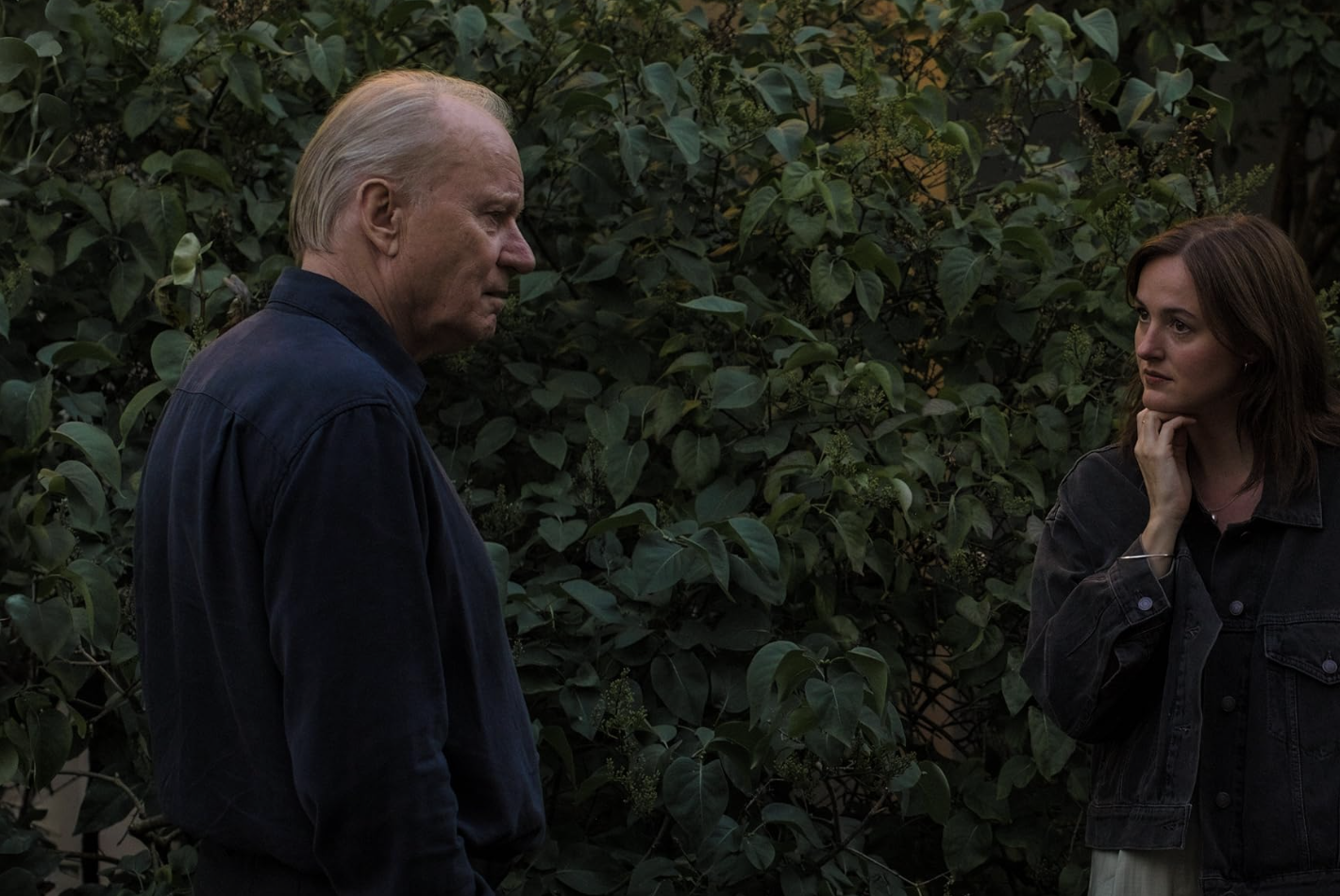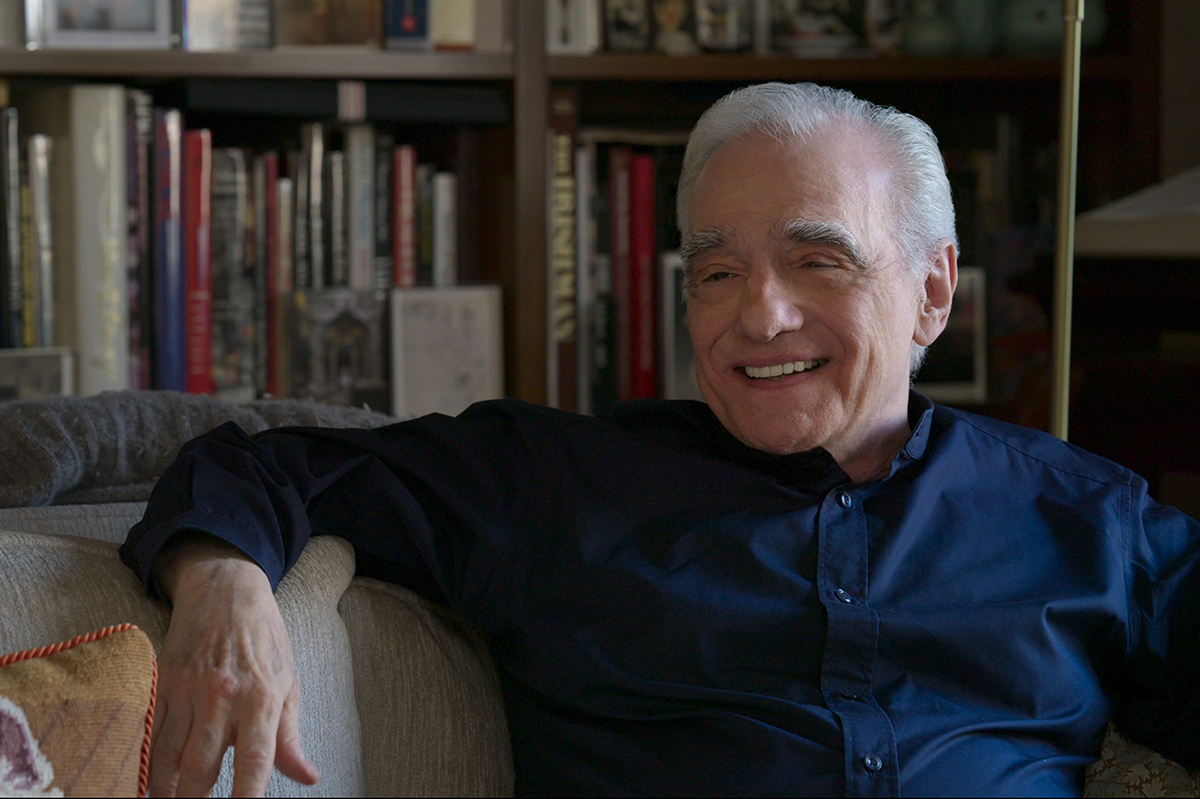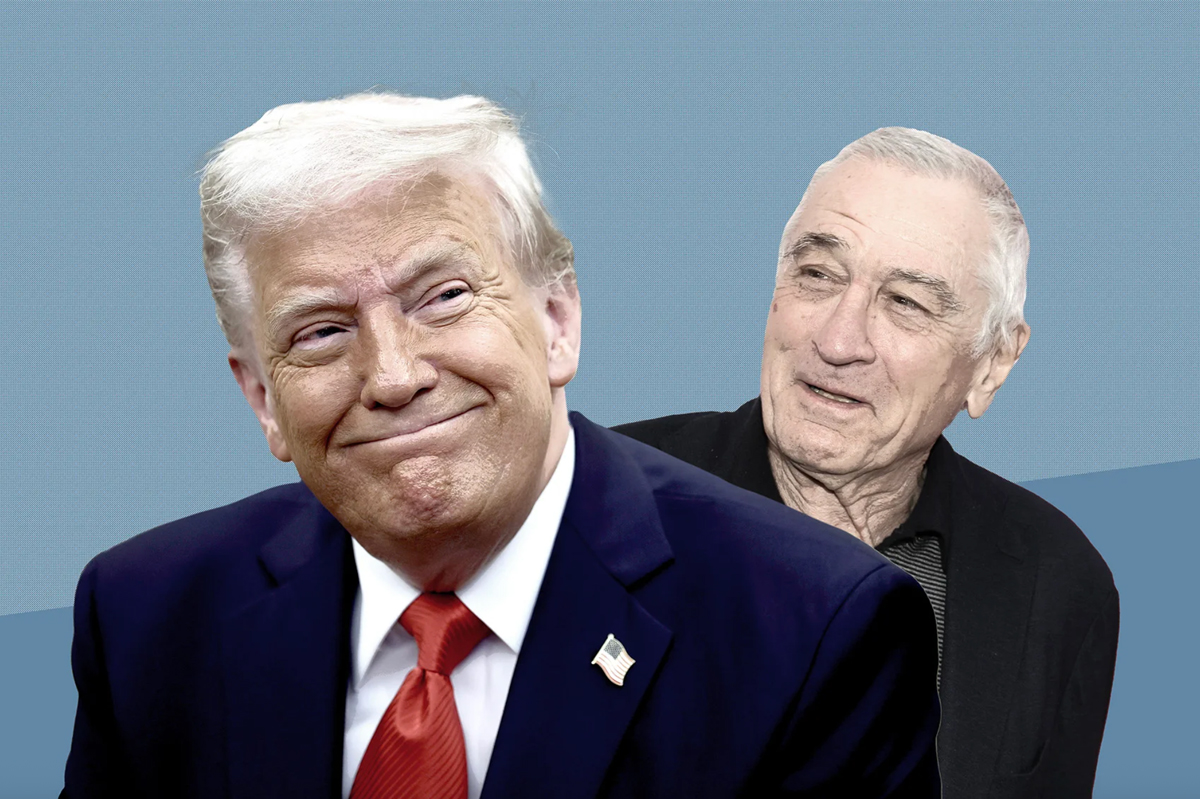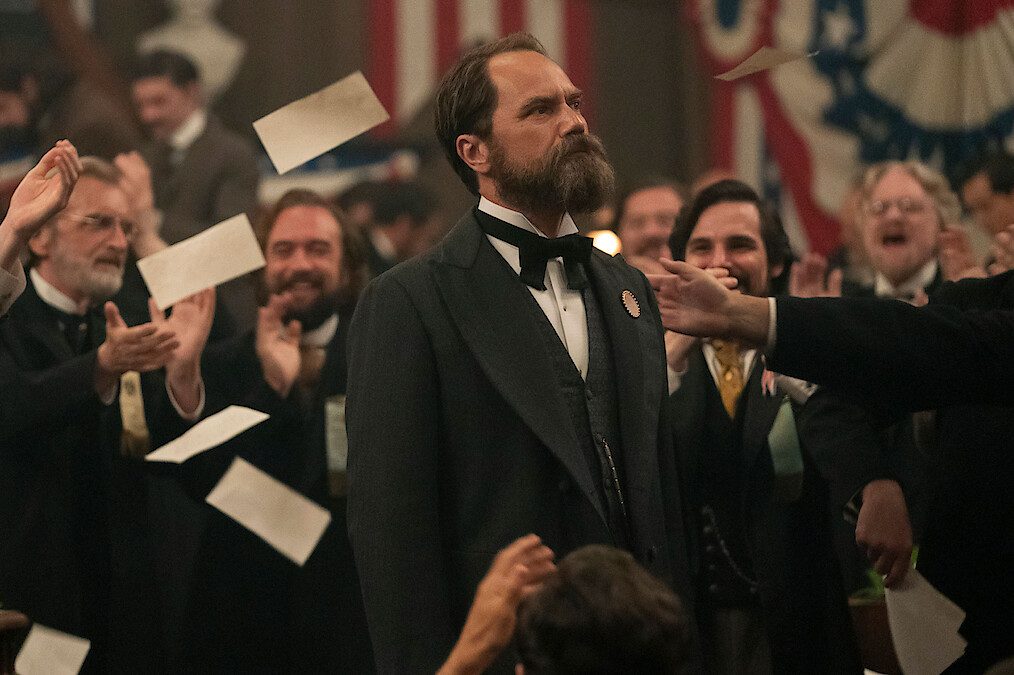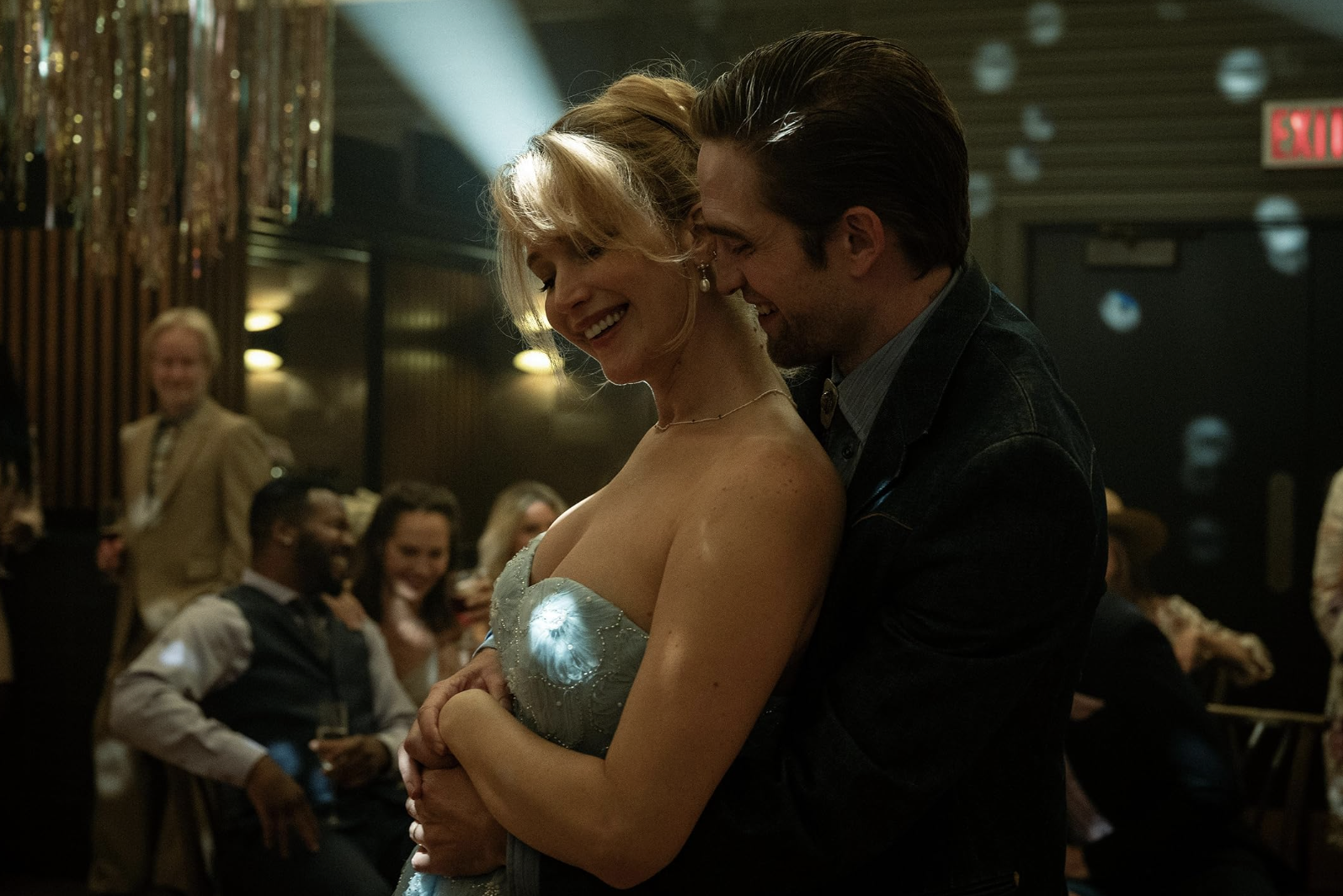One of the most enduring images from the Oscars came two decades ago, at the 2002 ceremony, when director David Lynch revealed himself as one of the most courteous and pleasant figures in contemporary cinema.
Ron Howard had just won the Best Director award for his work on the dishonest and ephemeral mental health drama A Beautiful Mind. As the beaming Howard — one of the most popular figures in Hollywood — headed onto the stage to collect his prize, two of his defeated rivals, Robert Altman and Lynch, embraced one another.
Whether the gesture was out of solidarity or a wry acknowledgement that the two were never likely to triumph over a company man like Howard, it was nevertheless a welcome reminder that Lynch remains one of the most likable figures in modern film, because, or despite of, his extraordinarily strange imagination.
Anyone with any kind of interest in the bizarre has almost certainly seen at least one film or television series by Lynch. From Twin Peaks to Mulholland Drive and (perhaps his masterpiece) Lost Highway, the man whom Mel Brooks once famously called “Jimmy Stewart from Mars” occupies an inimitable place in modern pop culture. Lynch fearlessly creates dark, nightmarish landscapes in which confusion and terror flourish, and in which all-American values are gleefully dispelled.
Yet there is also an enormous compassion to his work, whether it’s his powerful, deeply affecting The Elephant Man or his deceptively simple road movie The Straight Story. To see a David Lynch film is to immerse yourself inside a strange parallel universe for two hours; you may not like what you see, but you are unlikely to forget it.
Lynch has not made a film since 2006, when his challenging and experimental Inland Empire baffled audiences. He has been constantly active since then, directing a revival of Twin Peaks for Showtime in 2017 and getting involved in unlikely projects such as filming a live Duran Duran concert and making daily weather reports for social media.
In the meantime, there have been persistent rumors that Lynch has been given an enormous $85 million budget by Netflix to make either a film or a television series with the working title Wisteria, which will launch at this year’s Cannes film festival. It will star the likes of Laura Dern, Naomi Watts and Amanda Seyfried, all of whom have worked with Lynch in the past. Coincidentally — or not — many of them have put images of wisteria on their social media feeds.
There has been no formal announcement of the project, and Lynch has publicly denied that it exists, saying, “I have no new film coming out. That’s a total rumor. So there you are. It is not happening. I don’t have a project. I have nothing at Cannes.”
This may well be true. But Lynch’s entire career has been an exercise in mystery and in keeping audiences guessing. This latest piece of obfuscation might well be little more than a typically perverse piece of misdirection on the part of one of cinema’s great games players.
Whatever happens with Wisteria, and whatever it is called, it is definitely the case that Lynch has taken an acting role in Steven Spielberg’s autobiographical drama The Fabelmans. Although who Lynch plays in the film is said to be a closely guarded secret, Spielberg — who has previously cast directors such as George Lucas and Cameron Crowe in small cameos — does little by accident. The appearance of one of cinema’s most iconic figures in Spielberg’s eagerly awaited film can only add luster to what promises to be a memorably enigmatic year for “Jimmy Stewart from Mars.”
In an age of cookie-cutter banality, Lynch’s searching imagination and dark wit could not be more welcome.



